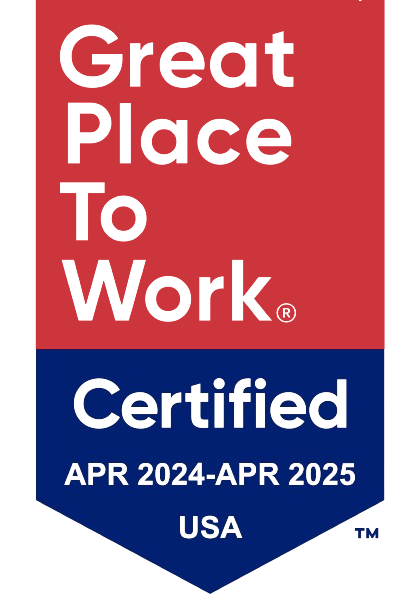The ABA-Based Social Skills Group is a structured, evidence-based program designed to help children develop essential social communication skills. Grounded in the principles of Applied Behavior Analysis (ABA), this group focuses on teaching and reinforcing key social behaviors such as initiating conversations, maintaining appropriate eye contact, understanding non-verbal cues, taking turns, and managing emotions. Through a combination of direct instruction, role-playing, group activities, and real-world scenarios, participants will have the opportunity to practice and generalize social skills in a supportive and structured environment.
Social Skills Group: What Sets Us Apart?
What makes our Social Skills Group different from other programs? For one, it’s ABA-based, which means every activity is built on scientifically supported strategies that actually work. Our program is rooted in the principles of ABA social skills intervention in Pembroke Pines, Florida, making it both locally accessible and professionally grounded in evidence-based practices.
But beyond that, our approach is deeply individualized. No two kids are the same, so we tailor the group experience to meet your child’s unique needs and goals.
We don’t just teach kids what to say—we help them understand why certain behaviors matter and how to adjust based on the situation. Through a mix of structure and flexibility, we give children the tools to succeed socially—not just in the group, but at school, home, and in the community.
We also work closely with parents and caregivers to ensure the skills being taught in group sessions carry over to everyday life. We believe that learning social skills is a team effort—and when families are involved, progress happens faster.
Social Skills Group: How It Helps
Wondering how exactly a Social Skills Group can help your child? Here are five real-world benefits:
- Improves peer relationships – Kids learn how to start conversations, join group play, and build friendships naturally.
- Teaches emotional regulation – Children practice recognizing and managing their emotions in different social situations.
- Boosts confidence and self-esteem – As children become more socially competent, they feel more confident interacting with others.
- Encourages empathy and perspective-taking – Understanding others’ feelings and reactions becomes easier through guided activities.
- Supports academic and classroom success – Improved social skills lead to better cooperation, participation, and behavior in school settings.
Frequently Asked Questions
What age group is the Social Skills Group designed for?
How do I know if my child needs a social skills group?
How long does the social skills group program last?
What skills will my child learn in a social skills group?
Can I support my child’s progress at home?
Unlock Your Child’s Full Potential Today
Ready to see real progress? Contact us now and discover how our personalized ABA services can make a lasting difference in your child’s life!





